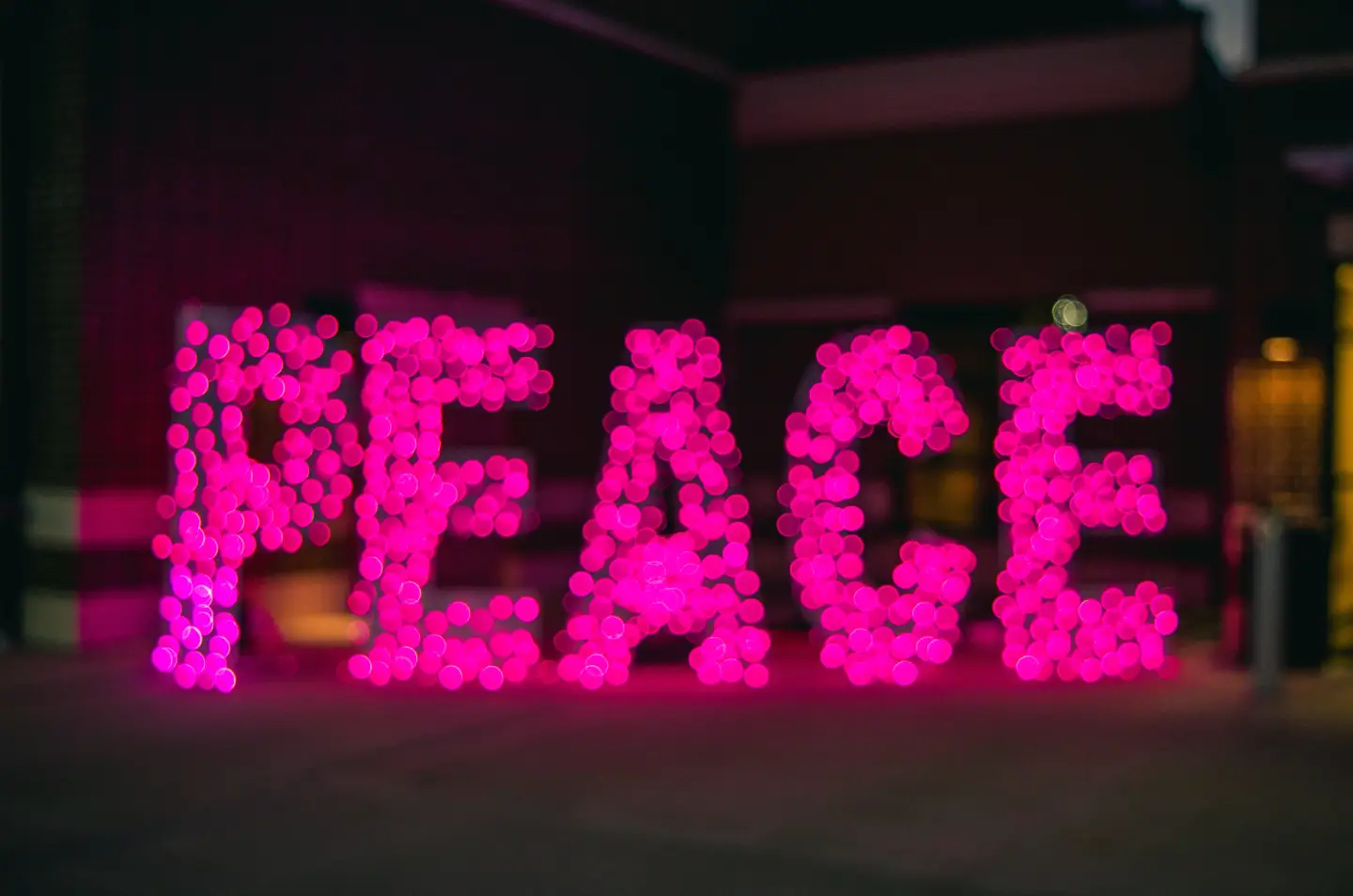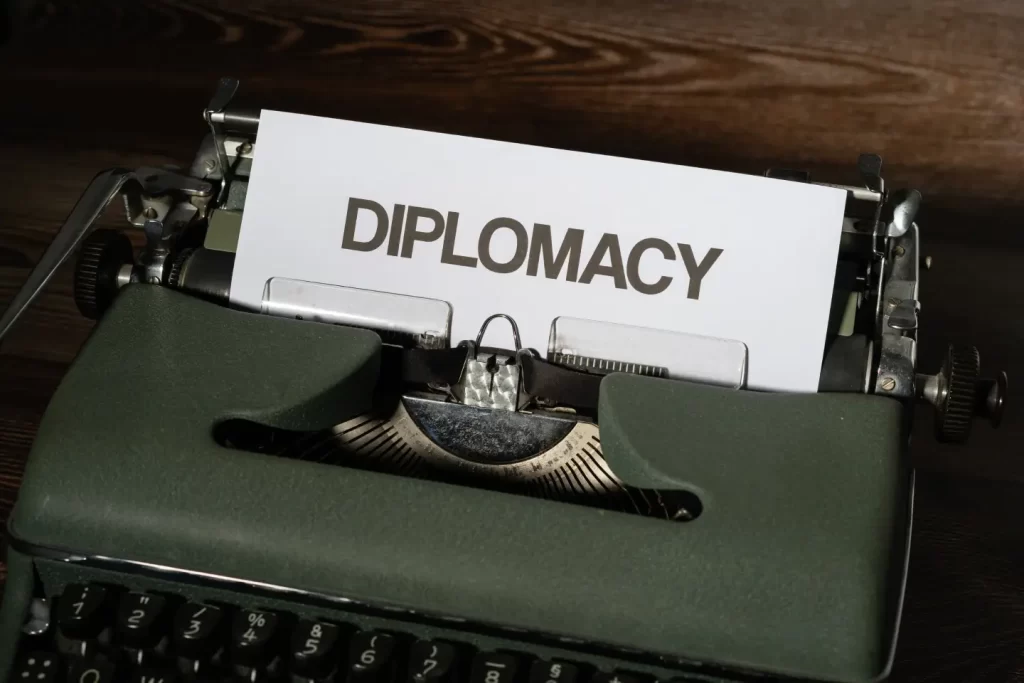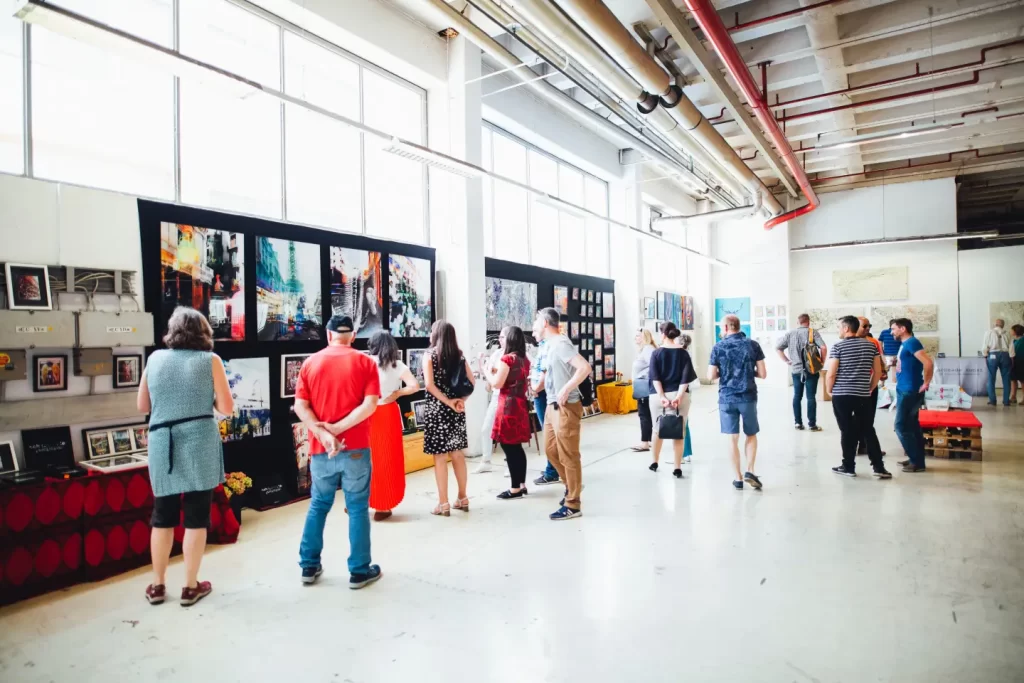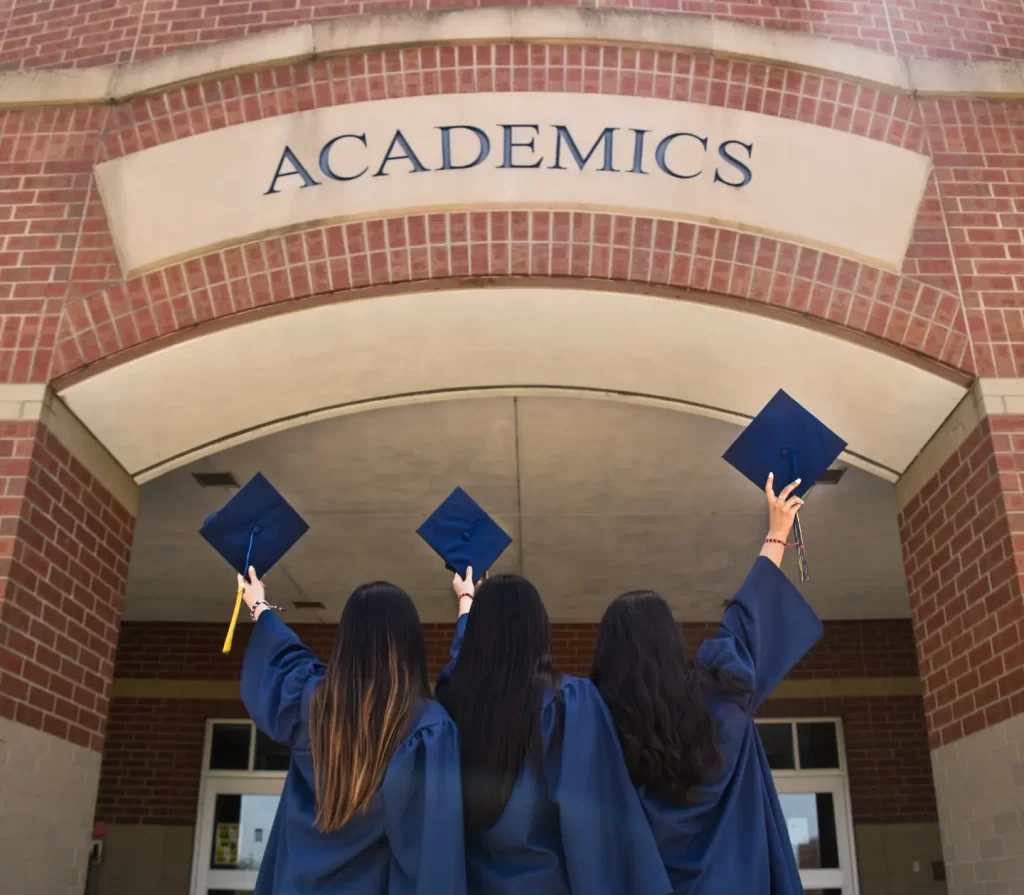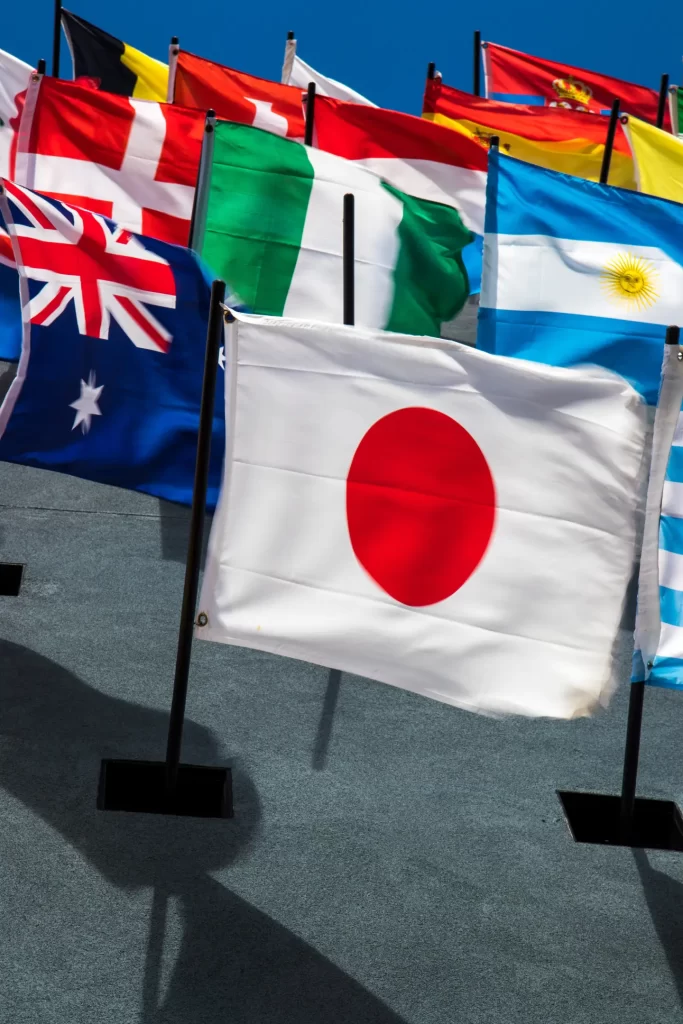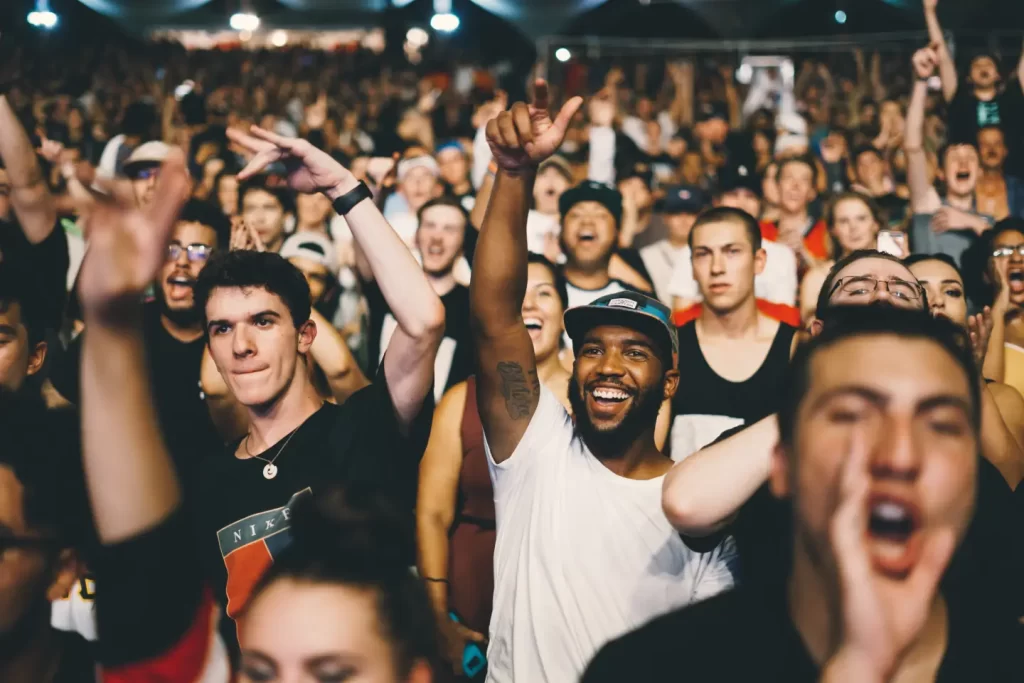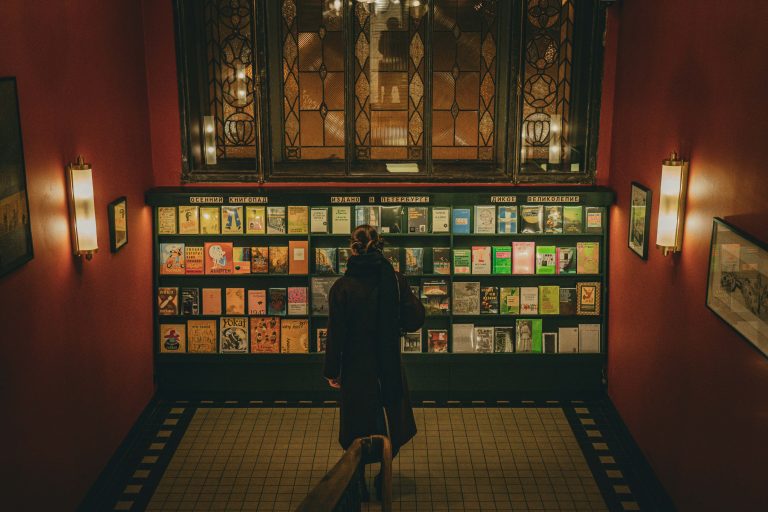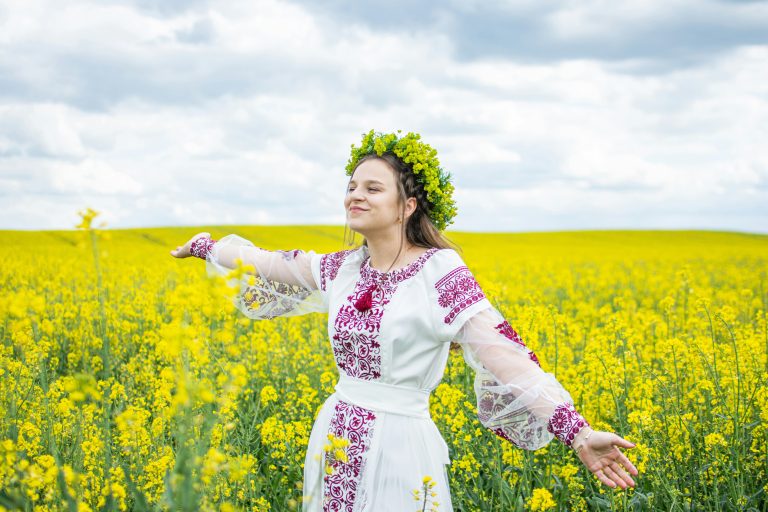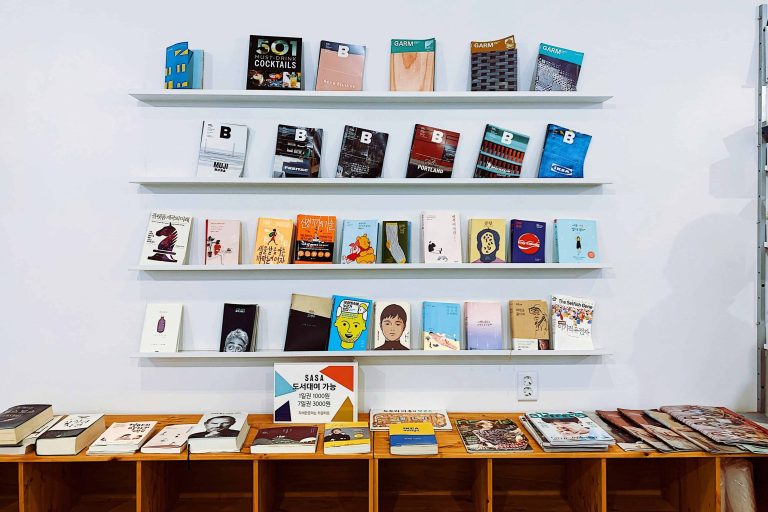Building Bridges with Culture: The Role of Cultural Diplomacy in International Relations
In an era of rapid globalization and increasing interconnectivity, cultural diplomacy has become a pivotal tool in shaping international relations. This comprehensive exploration delves into the nuances of cultural diplomacy and its instrumental role in bolstering international ties, fostering mutual understanding, and advocating for peace.
Unraveling the Complexities of Cultural Diplomacy
Cultural diplomacy is a sophisticated strategy that utilizes cultural activities and exchanges to foster understanding, build relationships, and project a favorable image among nations.
The Sophisticated Dance of Soft Power
Distinct from traditional diplomacy, which mainly focuses on political negotiations and economic agreements, cultural diplomacy embraces the soft power strategy. It subtly leverages the allure of culture, values, and ideas to influence foreign audiences and further national interests.
The Varied Palette of Cultural Diplomacy Tools
Cultural diplomacy utilizes various tools, such as language courses, exchange programs, cultural festivals, art exhibitions, and film screenings. These initiatives enable nations to showcase their cultural richness and diversity, stimulate dialogue, and forge connections.
The Profound Impact of Cultural Diplomacy on International Relations
Cultural diplomacy plays a crucial role in international relations, creating an environment of mutual understanding, promoting peace, and reinforcing bilateral relationships.
Cultivating Mutual Understanding
Cultural exchanges offer a unique window into the heart of diverse cultures, dispelling stereotypes and fostering a deeper understanding of each other’s values, traditions, and ways of life. This mutual understanding can mitigate prejudices and misconceptions, laying a solid foundation for more harmonious diplomatic relations.
The Role of Cultural Diplomacy in Conflict Resolution
Cultural diplomacy can play a significant role in resolving conflicts. Promoting dialogue and understanding among nations can help defuse tensions, build trust, and cultivate an atmosphere of peace and respect.

Strengthening Bilateral Ties Through Cultural Diplomacy
Cultural diplomacy can reinforce bilateral ties by creating shared cultural experiences and fostering people-to-people connections. These emotional bonds can influence political relations and contribute to enduring diplomatic partnerships.
Illuminating Case Studies: The Triumphs of Cultural Diplomacy
The successes of cultural diplomacy resonate globally, underscoring its effectiveness and value.
The Fulbright Program
The Fulbright Program is a renowned example of cultural diplomacy in action. Since 1946, it has awarded scholarships to students, scholars, and professionals to study, teach, or conduct research abroad, fostering mutual understanding between the U.S. and other countries.
British Council and Alliance Française
The British Council promotes British culture and the English language in over 100 countries, creating trust and opportunities for the U.K. through its work in arts, education, and society. Similarly, France’s Alliance Française promotes the French language and Francophone cultures worldwide, contributing to international cultural cooperation.
Conclusion: Embracing the Transformative Power of Culture in Diplomacy
Cultural diplomacy’s subtle yet profound influence serves as a harmonious bridge that unites nations through shared cultural experiences. It fosters mutual understanding, champions peace, and fortifies international relations. As we navigate the intricate maze of an increasingly globalized world, the role of cultural diplomacy in enhancing international relations will ascend in prominence.
In this era of instant communication and rapid information exchange, the power to shape perceptions and build bridges of understanding lies significantly within the cultural realm. Cultural diplomacy, thus, has the potential to transcend traditional political and economic boundaries to touch the hearts and minds of people globally.
Let’s continue celebrating and promoting our cultural diversity, harnessing it as a potent tool to construct a more peaceful and interconnected world. With concerted efforts and genuine understanding, cultural diplomacy can be pivotal in fostering a global community marked by respect, experience, and shared prosperity.
Moreover, the success stories of initiatives like the Fulbright Program, the British Council, and Alliance Française highlight the transformative potential of cultural diplomacy. They are shining examples of how shared cultural experiences can foster deep connections, dissolve barriers, and catalyze positive change in international relations.
As we look towards the future, it is clear that cultural diplomacy will continue to play an increasingly important role in the global arena. More than ever, nations must invest in cultural diplomacy, facilitate dialogue, build trust, and promote mutual understanding worldwide.
In conclusion, cultural diplomacy, focusing on the soft power of culture and mutual exchange, offers a different lens to view and navigate international relations. Its impact extends beyond the political and economic sphere, reaching the heart of societies and individuals and fostering understanding and cooperation. The power of cultural diplomacy lies in its ability to build bridges of knowledge, promote peace, and weave a tapestry of shared experiences that bind us together in our common humanity.
See how tradition and innovation interact dynamically by reading our blog series, “Culture for Digital Transformation.”

